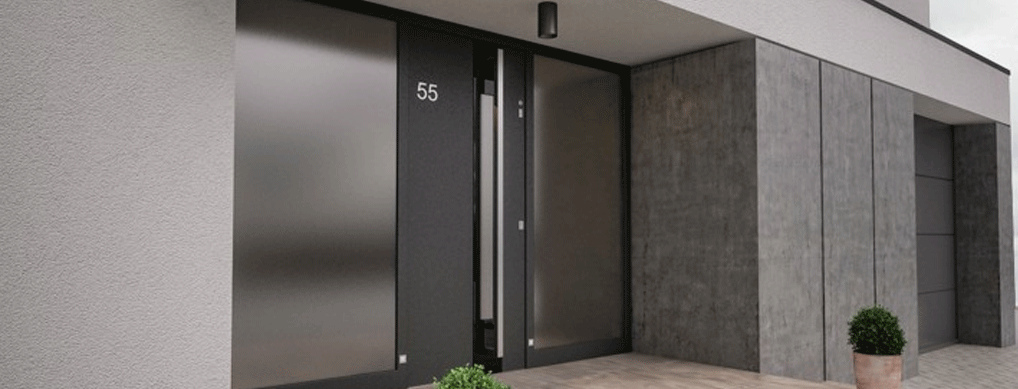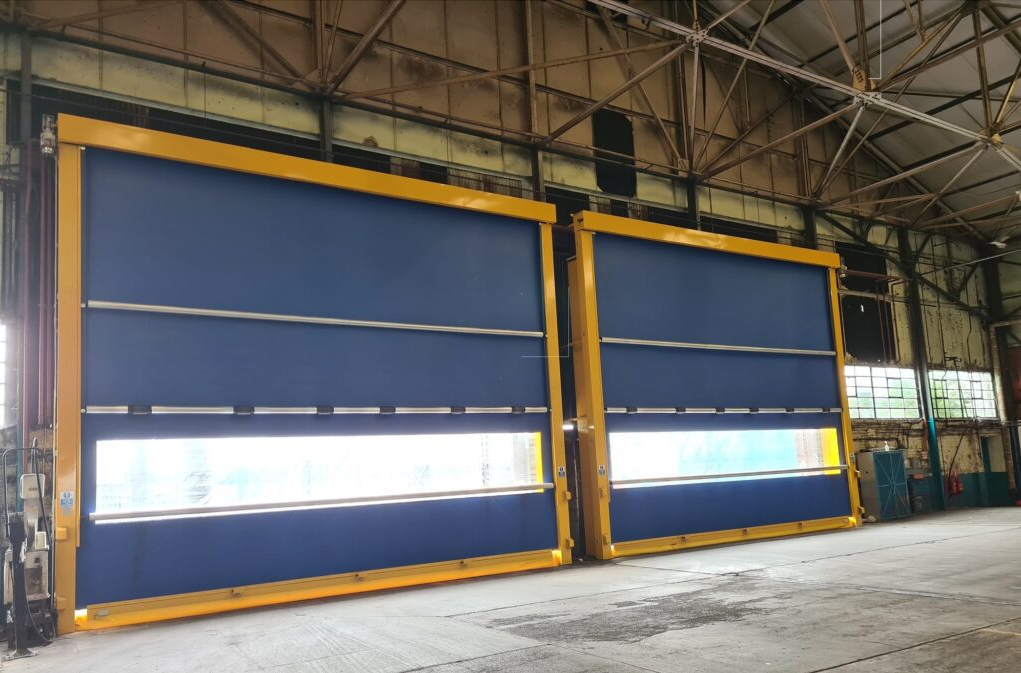The most efficient door type is typically a composite or fiberglass door due to its insulation, durability, and cost-effectiveness.
Types of Doors Analyzed
Traditional Wooden Doors
- History and Evolution: Wooden doors have been used since ancient times, offering a blend of aesthetics and function. Learn about the history of wooden doors.
- Materials and Construction: Various types of woods, from oak to mahogany, are used in door construction. The choice of wood impacts strength, durability, and appearance.
- Pros and Cons: While wooden doors offer natural beauty, they might require more maintenance compared to other materials.

Glass and Sliding Doors
- Modern Appeal: Glass doors, especially sliding ones, are popular in contemporary homes for their sleek look. Delve into the architectural significance of these doors.
- Types of Glass Used: From tempered to frosted, different glass types serve varied purposes in terms of privacy and safety.
- Energy Efficiency Concerns: Glass doors can impact a home’s insulation. However, double or triple-glazed options can offset some of these concerns.
Steel and Metal Doors
- Strength and Durability: Steel doors are renowned for their security features. Understand the construction techniques that enhance their strength.
- Finish and Appearance: Modern steel doors can mimic other materials in appearance while providing superior security.
- Thermal Properties: Insulated steel doors can play a vital role in maintaining a home’s internal temperature.
Composite and Fiberglass Doors
- Modern Innovations: These doors combine materials to harness the best properties of each. Explore the technology behind composite doors.
- Aesthetics and Functionality: Composite and fiberglass doors offer a range of finishes, resembling wood or other materials.
- Longevity and Maintenance: Typically, these doors require less upkeep than traditional wooden doors and have a longer lifespan.
Factors Influencing Door Efficiency
Material and Construction
- Variety of Materials: Doors can be crafted from a multitude of materials like wood, steel, glass, and composites. The choice of material often dictates the door’s efficiency, strength, and aesthetic appeal. Dive into the science of materials used in door construction.
- Craftsmanship Matters: The way a door is constructed, including its frame, hinges, and even the screws used, plays a role in its overall efficiency. Precision and craftsmanship can significantly affect a door’s performance.
Insulation Properties
- Heat Retention and Loss: A door’s insulation properties determine how effectively it can prevent heat from escaping or entering a space. This directly impacts energy bills, especially in homes with heating or cooling systems. Learn more about thermal insulation.
- Soundproofing: Apart from temperature, some doors are designed to insulate against sound, proving beneficial in busy or noisy environments.
Weatherproofing and Sealing
- Protection Against Elements: A well-sealed door can effectively keep out rain, snow, and even dust. Proper weather stripping and seals are vital for this.
- Air Leaks: Even small gaps in or around a door can lead to significant energy loss. Ensuring a door is adequately sealed not only conserves energy but also enhances comfort by preventing drafts. Check the importance of weatherproofing.
Life Span and Durability
- Test of Time: The longevity of a door is influenced by its material, construction, and maintenance. For instance, steel doors might resist wear and tear longer than wooden ones.
- Maintenance and Upkeep: Some doors, despite their longevity, might require frequent maintenance to keep them functioning efficiently. Regular inspections can identify and rectify issues early, ensuring a door’s prolonged lifespan.
Benefits of Efficient Doors
Energy Savings and Insulation
- Reduce Utility Bills: Efficient doors prevent unnecessary heat transfer, which can lead to significant savings on heating and cooling bills. By preventing warm air from escaping in winter and cool air in summer, these doors make homes more energy-efficient. Here’s more on energy conservation.
- Comfort Level: Beyond cost savings, a well-insulated door contributes to a more comfortable living environment by maintaining consistent indoor temperatures.
Security and Strength
- Protection Against Intruders: Doors built with strength in mind can act as deterrents against break-ins, ensuring the safety of occupants. Dive into the mechanics of security doors.
- Resistance to Natural Forces: Efficient doors, especially those designed for storm-prone areas, can withstand high winds, heavy rains, and other environmental challenges.
Cost-Effectiveness Over Time
- Long-Term Savings: While an efficient door might have a higher upfront cost, the savings in energy bills and reduced maintenance expenses over time make it a cost-effective choice. Learn more about life-cycle cost analysis.
- Increase Property Value: Homes with efficient doors often appeal more to buyers due to their energy savings and superior construction, potentially increasing the property’s market value.

Aesthetic and Design Flexibility
- Tailored to Your Taste: Efficient doesn’t mean boring. Modern efficient doors come in various designs, colors, and finishes, allowing homeowners to match them to their aesthetic preferences.
- Innovative Designs: With advances in technology, manufacturers now offer efficient doors with innovative features like smart locks, biometric access, and customized patterns. Explore the world of door designs.
How much can I save on energy bills with an efficient door?
You can save up to 15% on heating and cooling bills annually with a well-insulated composite or fiberglass door.
What is the average lifespan of a composite door?
A well-maintained composite door can last up to 30 years or more.
How much does a typical efficient composite door cost?
The average cost of a composite door ranges from $300 to $1,200, depending on its design and features.
How do steel doors compare in terms of security?
Steel doors offer superior strength and can resist forced entry attempts up to 5 times better than wooden doors.
What are the insulation properties of fiberglass doors compared to wooden ones?
Fiberglass doors generally have a R-value (thermal resistance) of 5-6, while wooden doors have an R-value of 2-3, making fiberglass more efficient.
Are there any downsides to using a fiberglass door?
While fiberglass doors offer many advantages, they can fade over time if directly exposed to harsh sunlight and might not have the same authentic feel as solid wood.
How much time does it take to install an efficient door?
A professional can typically install a door in 3-5 hours, depending on the door type and frame conditions.
What materials are typically used in efficient doors for improved quality?
Efficient doors often use composite materials, fiberglass, high-quality seals, and double or triple glazing for better insulation and longevity.
